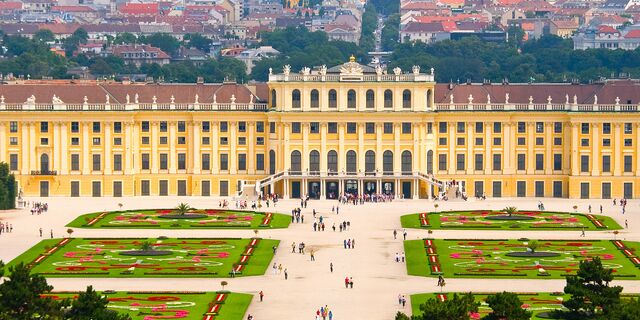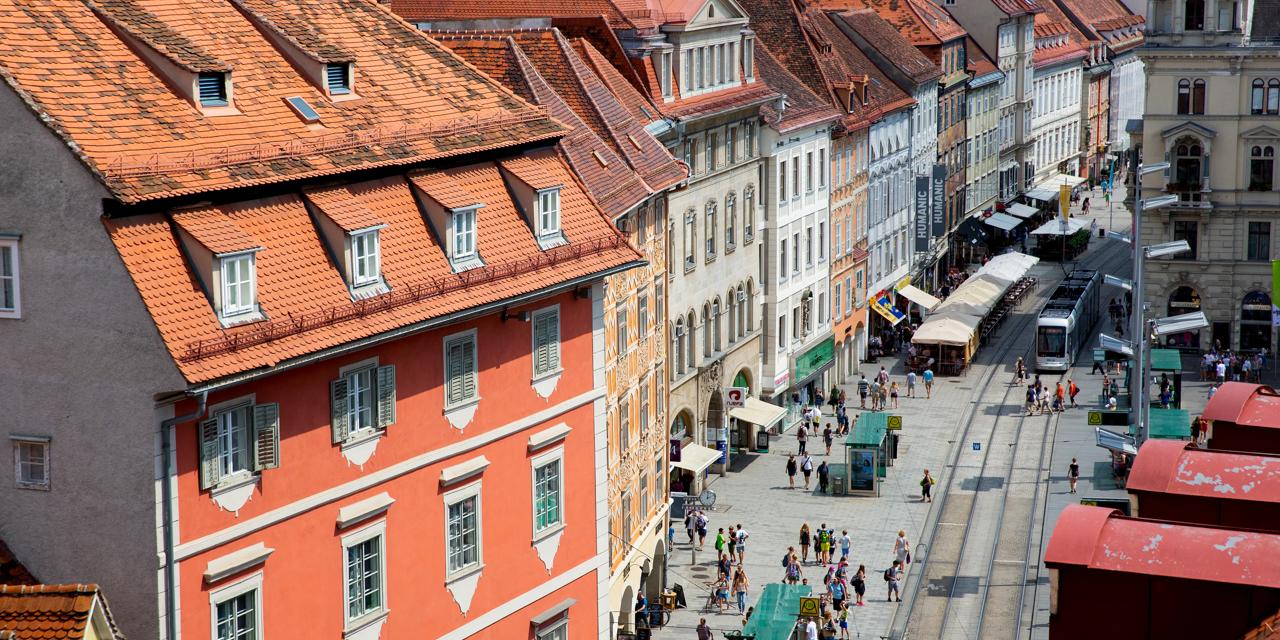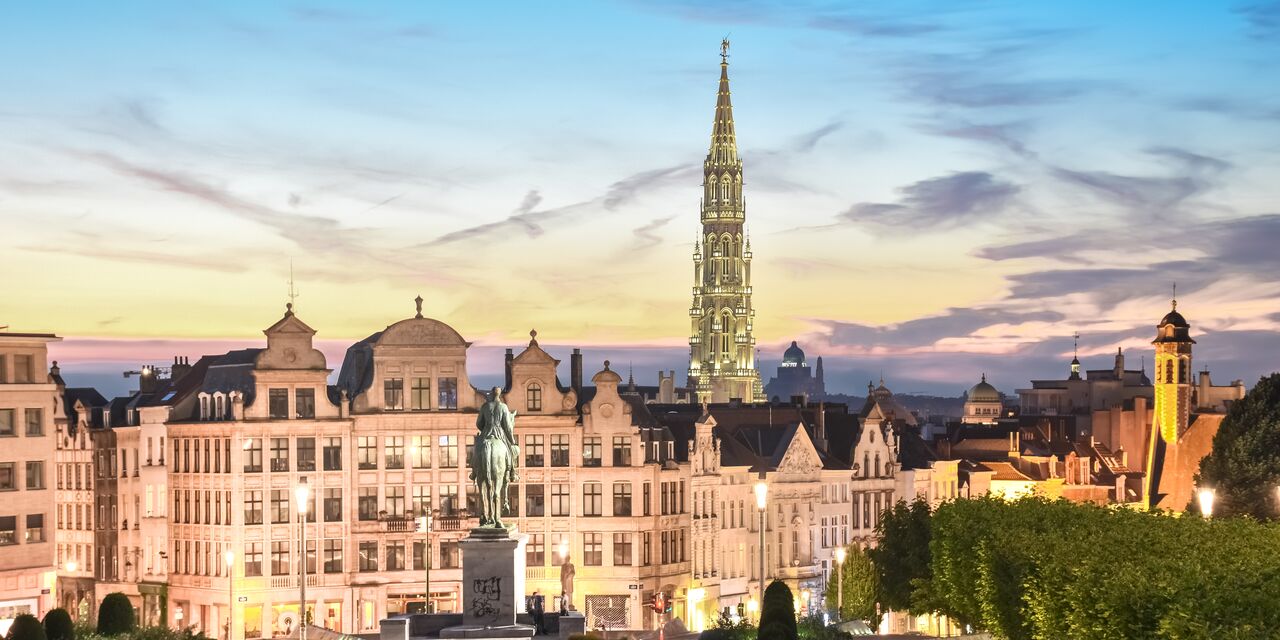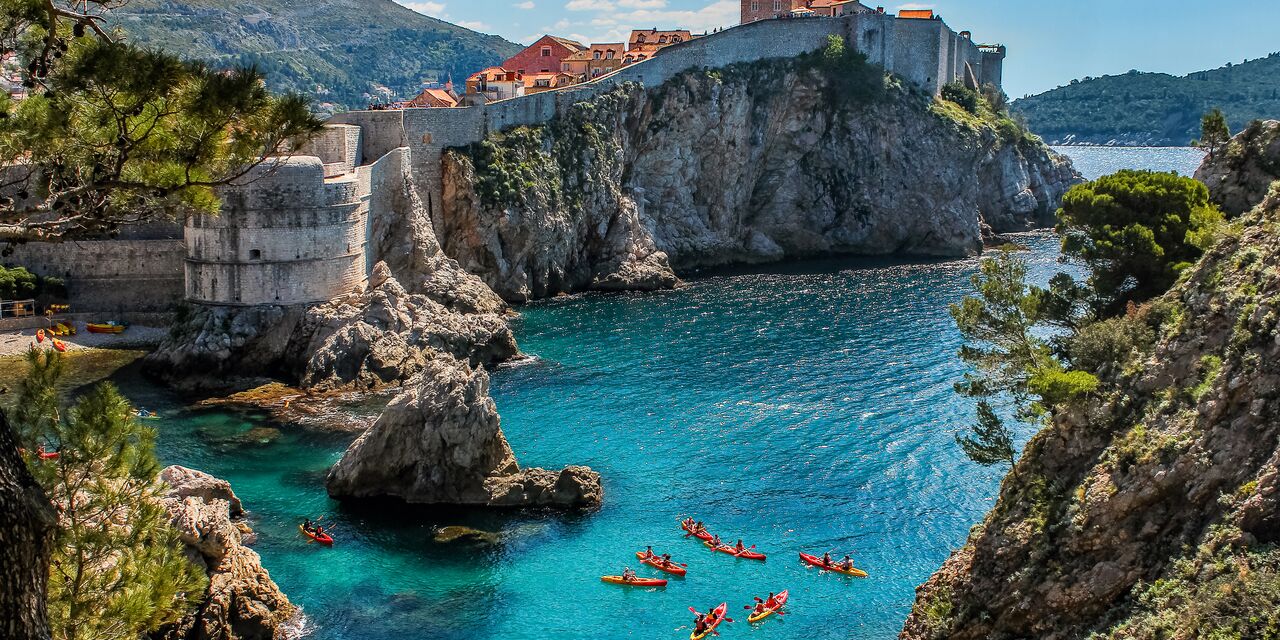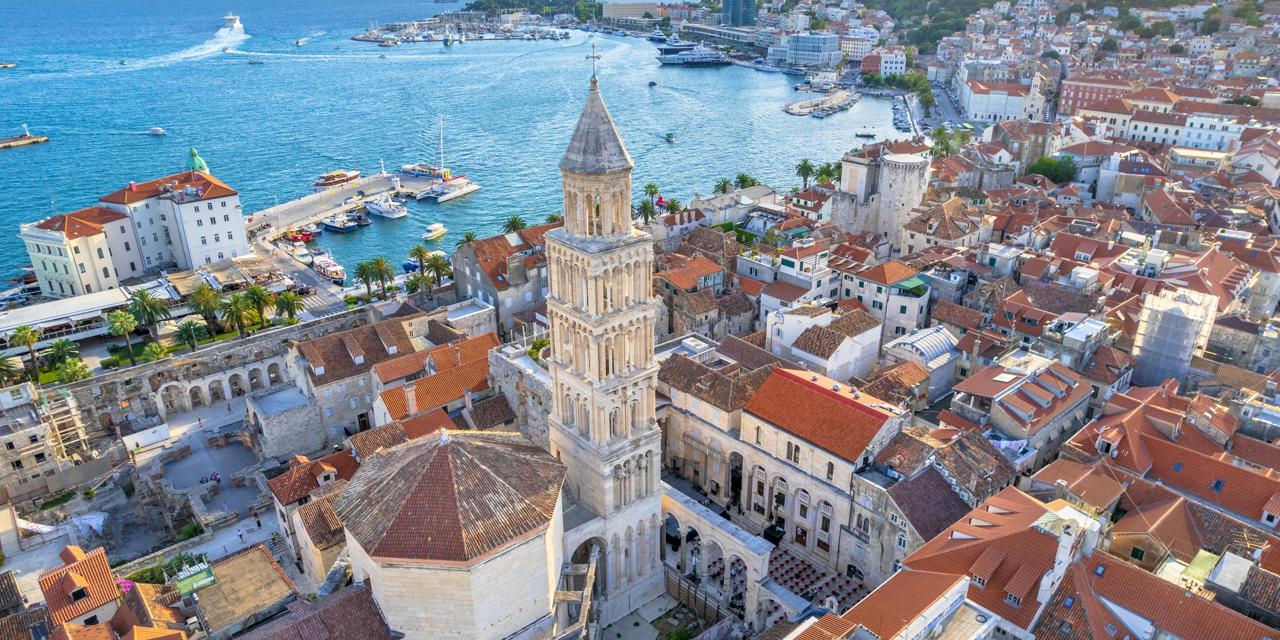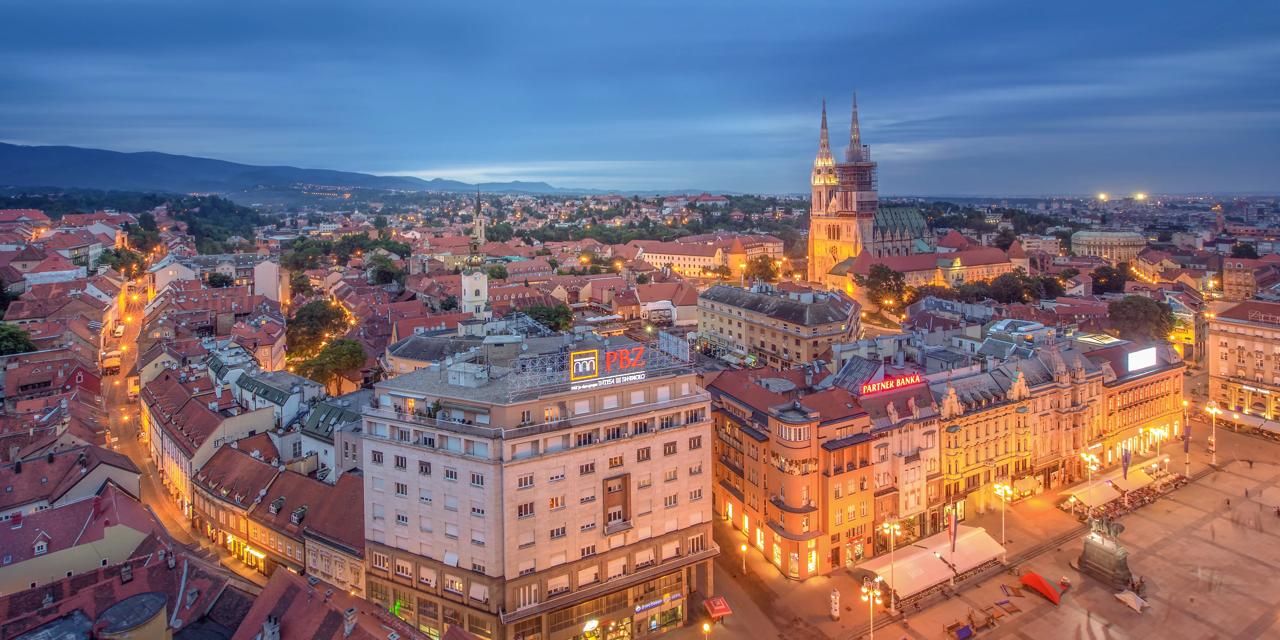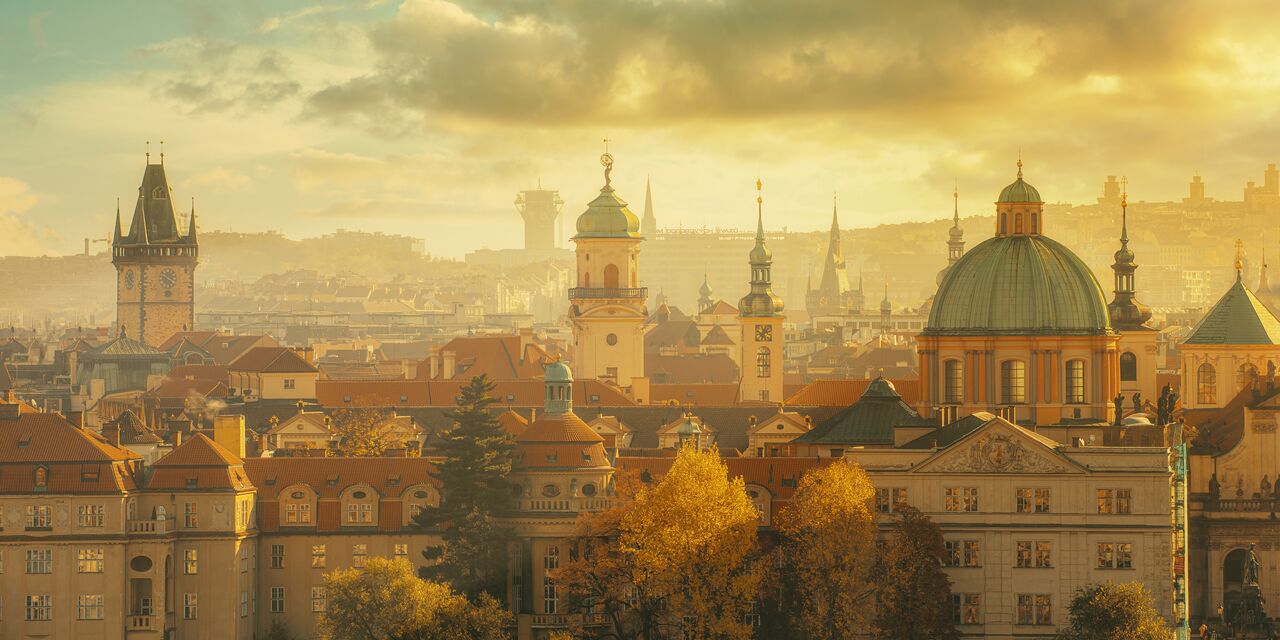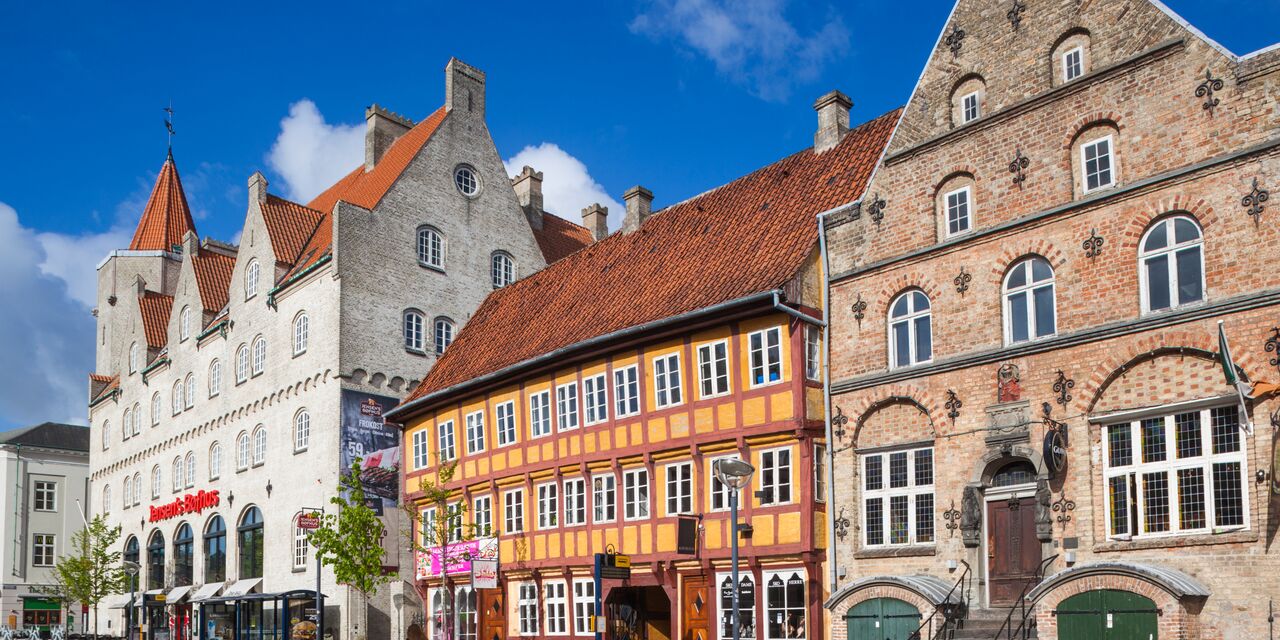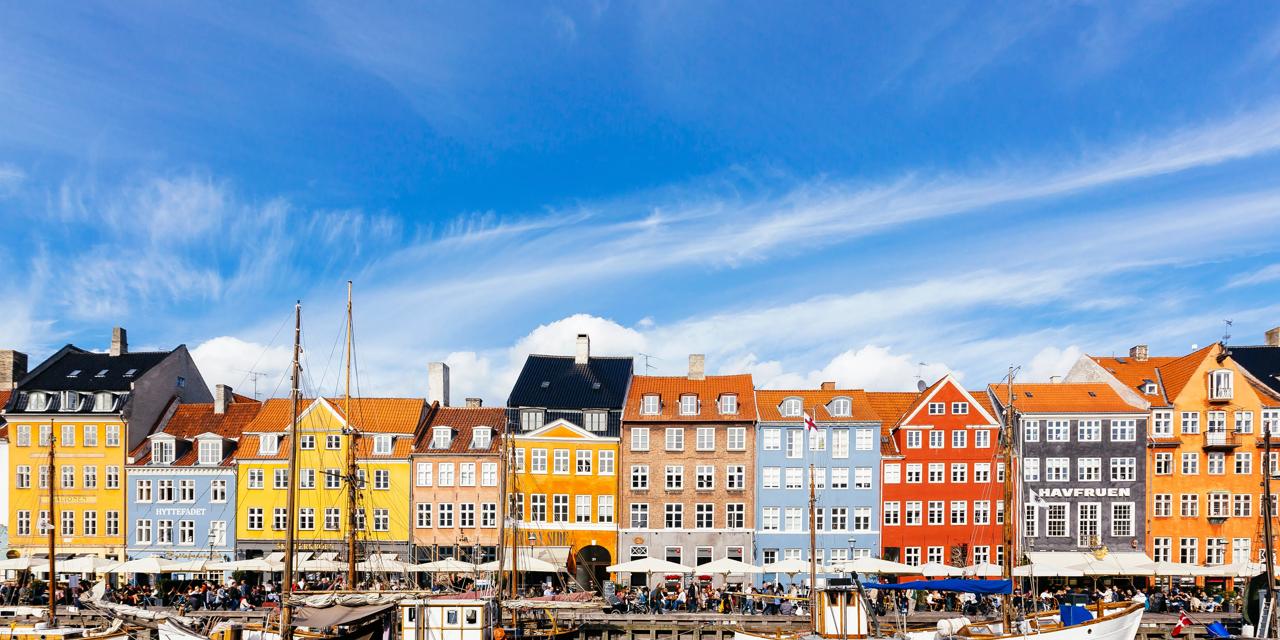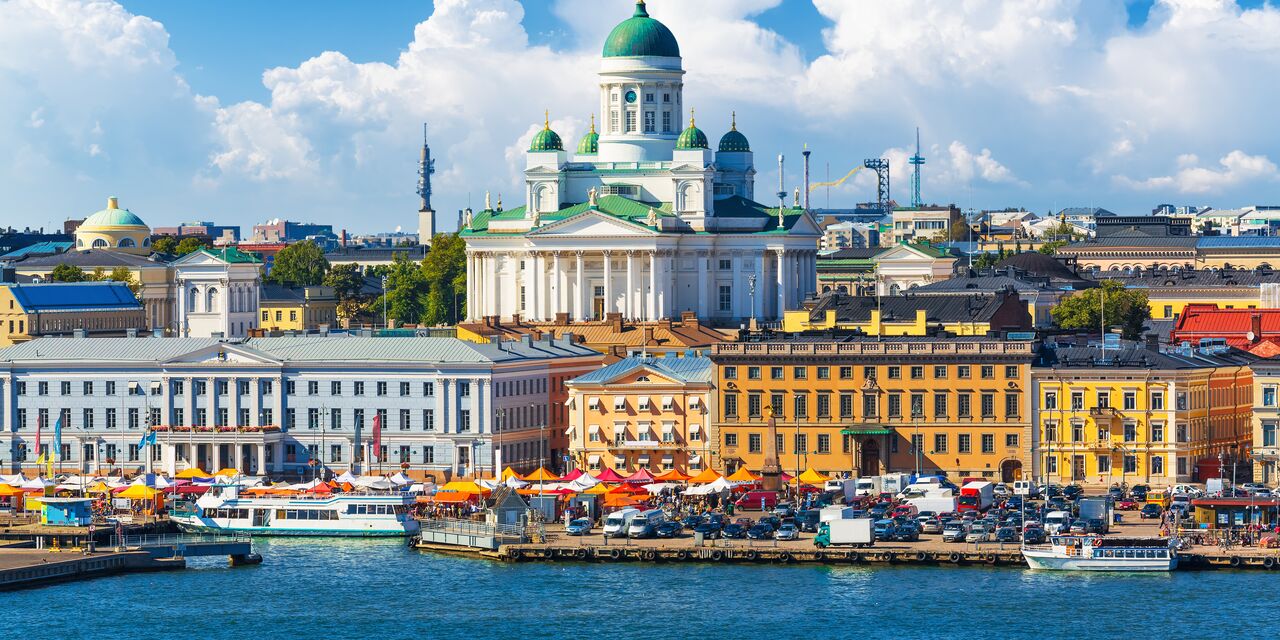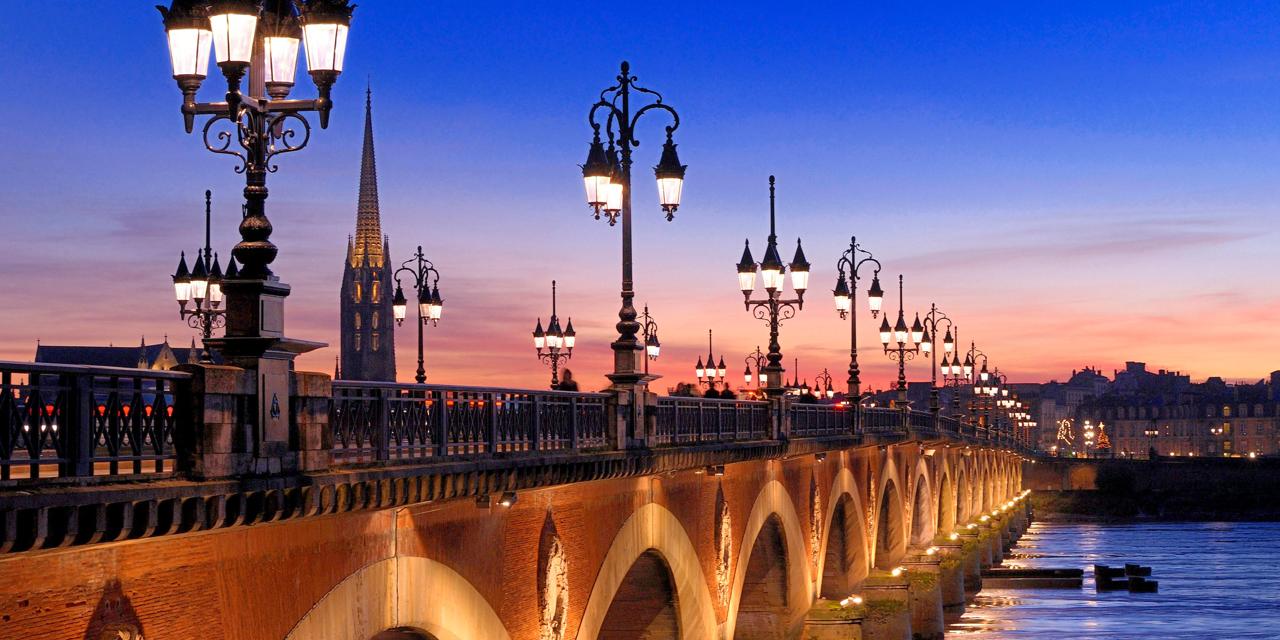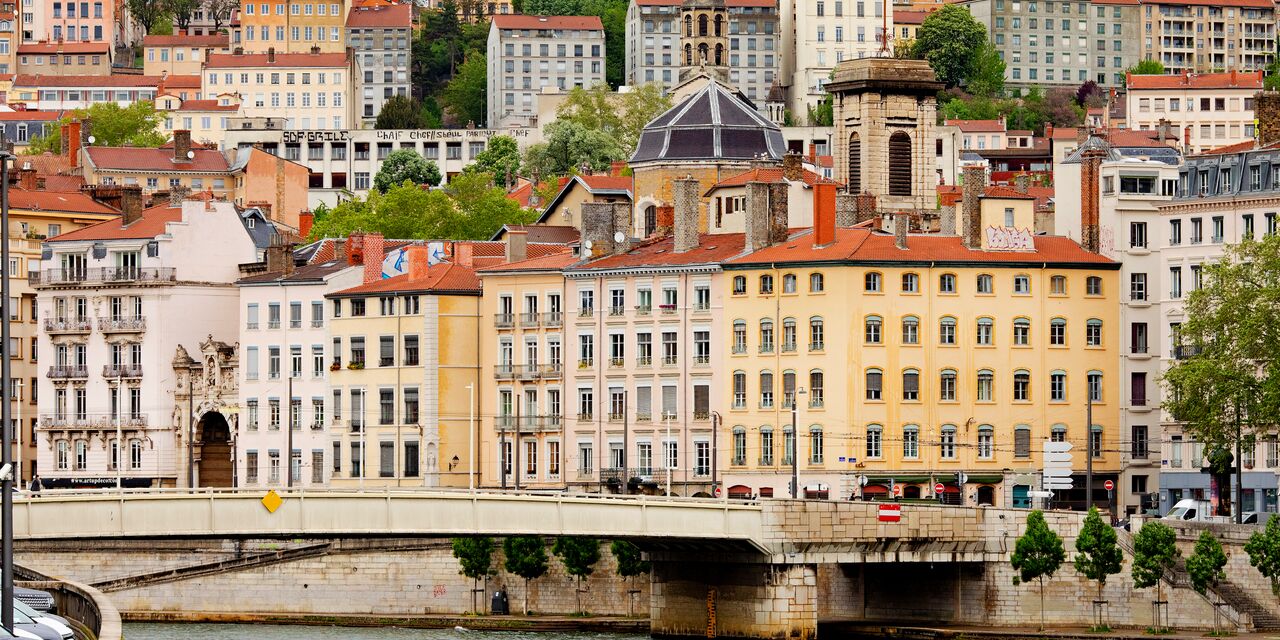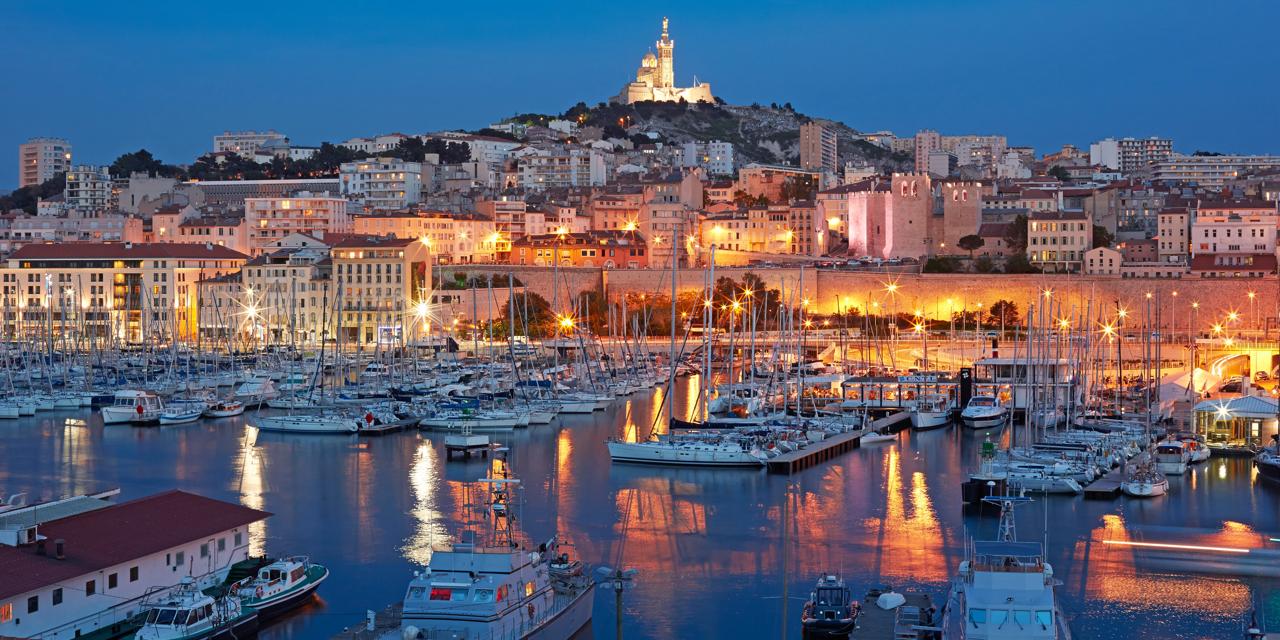The colours of Hundertwasserhaus
Colourful walls, irregular lines and a cascade of plants, the Hundertwasserhaus is a very striking structure. Designed in 1983 by artist Friedensreich Hundertwasser, the building is one of Austria’s architectural masterpieces and one of the most photographed. Yet it caused quite the controversy when it was completed in 1985.
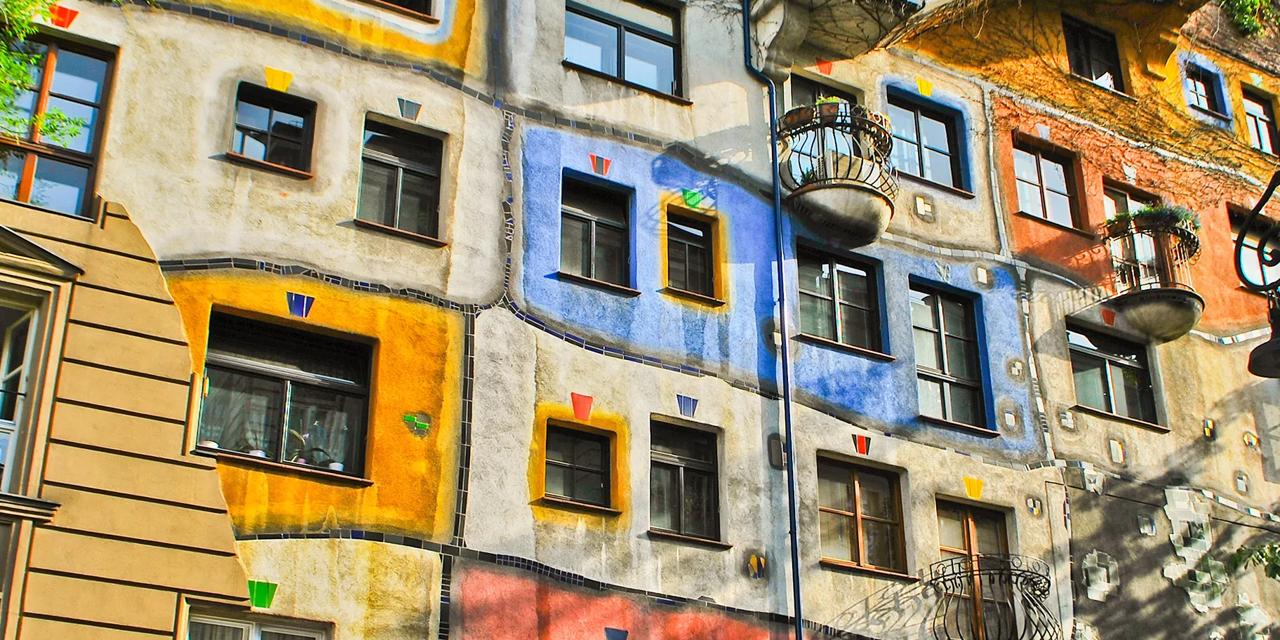
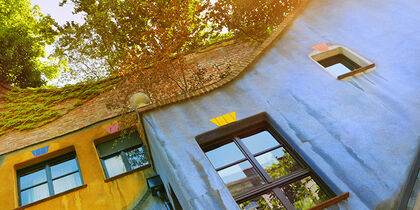
Trees growing out of the window
The Hundertwasserhaus was built in 2 years. The complex consists of 52 apartments, 19 patios and 250 trees and bushes that grow on the roof; some even emerge from the windows of some of the rooms. The vegetation adds a real liveliness to the building. This is also one of the finest principles of Hundertwasserhaus: the architect wanted every tree or bush that was destroyed in construction of the building to be brought back to the roof and the complex itself. Each apartment is unique - a combination of wavy walls, uneven floors and brightly coloured façades. Residents of the famous apartments are free to customize their window sills anyway they want. That was another key characteristic of Hundertwasser, who was a strong proponent of people’s personal influence on architecture. Today the building is praised for its special design, but it generated quite the controversy when it was first completed. Various critics even classified the building as kitsch.
Museum Hundertwasser
Although the Hundertwasserhaus can only be admired from the outside, the Kunst Haus Wien is only a few hundred metres away and houses a permanent exhibition on the complex. The Kunst Haus was also designed by Hundertwasser and straight lines will be few and far between here. The façade is very similar to that of the Hundertwasserhaus, but it is less colourful, featuring a lot of black and white. 2 of the 4 floors of the museum are dedicated to the Hundertwasserhaus. The other 2 floors host temporary exhibits on other artists.
Discover other destinations in Europe
*The displayed prices are for one adult. All amounts are in USD. Taxes and surcharges are included. No booking fee is applicable, but a payment surcharge may apply. Prices shown may vary depending on fare availability.
The weather forecast information is provided by World Weather Online. Air France-KLM is not responsible for the reliability of this data.

